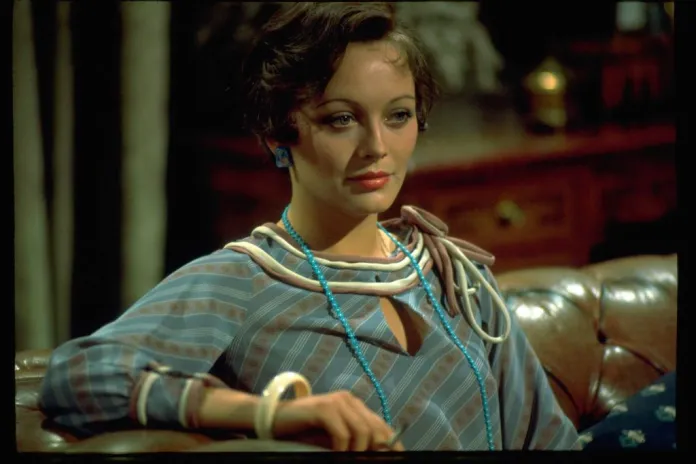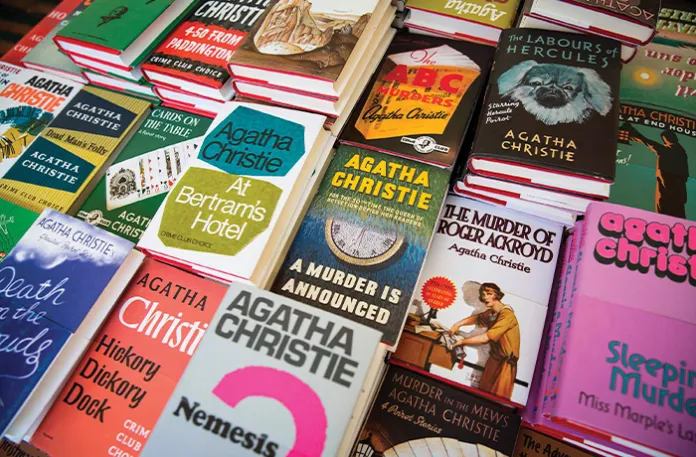Peter Yarrow, 1938-2025 – Washington Examiner
Peter Yarrow, one of the founding members of the iconic folk trio Peter, Paul and mary, passed away this week at the age of 86 in New York. the group, known for thier distinct sound and meaningful lyrics, became a symbol of the 1960s folk music movement in america. One of their most famous songs, ”puff the Magic Dragon,” has sparked various interpretations, with some humorously suggesting a connection to drug culture, notably highlighted in a scene from the film *Meet the Parents*. Yarrow consistently denied such interpretations, asserting that the song reflects the loss of childhood innocence. His contributions to music and culture are celebrated, as they have left a lasting impact on American folk music.
Peter Yarrow, 1938-2025
“You like Peter, Paul and Mary?” Jack Byrnes (played by Robert De Niro) asks Greg Focker (Ben Stiller) in Meet the Parents, as “Puff the Magic Dragon” starts playing in Jack’s Buick. Greg hesitates, then says, “Sure. ‘Puff the Magic Dragon.’ You know, I actually wrote a paper about this song back in college? About how it’s, y’know, about weed.” “What?” “That ‘puff the magic dragon’ meant to light up, take a hit. And to bury that in a kiddy sing-a-long song — man, that took some guts.” “But…‘Puff’ was just the name of the boy’s magical dragon. … Are you a pothead, Greg?” “What? No! I mean, sure, I’ve had offers, who hasn’t, but …”
“Puff the Magic Dragon,” that adorable little song we all loved as kids — is actually about drugs? Its songwriter continually denied this, always claiming that it was about the end of childhood and nothing more, but it’s still fun to pretend that it’s about “puffing the ol’ magic dragon” so that we can still laugh at that now-classic Meet the Parents moment. Whatever your preferred interpretation of the song is, however, what’s undeniable is that we wouldn’t have it, or that great Stiller-De Niro scene, without Peter Yarrow, one of the three singer-songwriters of the famed Peter, Paul and Mary trio, who died this week in New York at the age of 86. The multiple resonances that Yarrow’s songs have and the various registers in which they can be understood, as well as his lyrics’ vivid imagery and his voice’s easy, pleasant tone, helped Peter, Paul and Mary become America’s premier 1960s folk music group.
Yarrow was born on May 31, 1938, in New York. His father was a lawyer and a co-founder of the CIA project Radio Free Europe. His mother was a music lover who encouraged him to take up the violin. His parents’ emphasis on academic achievement also rubbed off on him. Yarrow got into Cornell University, where he majored in psychology, but an experience he had as a senior altered not only his career path but the trajectory of American folk music as well. Yarrow’s work that year as a teaching assistant for a course in American folklore made him reconsider his cultural priorities and musical interests, leading him to envision the significance that folk music could have in the country’s future. As Yarrow later said, “I saw these young people at Cornell who were basically very conservative in their backgrounds opening their hearts up and singing with an emotionality and a concern through this vehicle called folk music. It gave me a clue that the world was on its way to a certain kind of movement, and that folk music might play a part in it and that I might play a part in folk music.”
Yarrow exchanged the violin for the guitar and upstate New York for Greenwich Village, intent on becoming part of the burgeoning American folk music scene that had already started to blossom thanks to Woody Guthrie and Pete Seeger. After not making much headway at first, Yarrow made a fortunate connection with someone who would change his life and the lives of a generation of folk music lovers: Albert Grossman. The music entrepreneur, who later managed Bob Dylan, Janis Joplin, and Gordon Lightfoot, among others, recognized Yarrow’s talent and told him that he wanted to make him part of a folk trio. Where would the other two in their group come from? Yarrow recommended a guitarist he met in Greenwich Village named Noel Paul Stookey. After signing on, Stookey suggested a singer he knew named Mary Travers. She was reluctant to join at first — she had a severe case of stage fright at that point in her life — but after hearing how well her voice blended with Peter’s and Paul’s, she agreed to become the third leg of the trio.
Peter, Paul and Mary were an immediate phenomenon. Their first album, simply titled Peter, Paul and Mary, was the No. 1 Billboard album in 1962. Their second album was a Billboard No. 4 hit. Their third effort, Moving, also achieved No. 1 Billboard status. During their storied career, which lasted until Travers’s death in 2009, though they each at times pursued solo paths during those years as well, Peter, Paul and Mary recorded six Billboard Top 10 singles, won five Grammys, and even netted an Emmy nomination. But even more noteworthy was their cultural and even political influence. Some of their songs, such as “If I Had a Hammer,” have become part of this country’s cultural soundtrack. And some of their performances, such as their appearances at the 1963 March on Washington and at the 1965 Newport Folk Festival, have become the stuff of legend.
Little boys cannot remain innocent into perpetuity, Yarrow wrote in “Puff the Magic Dragon,” but “a dragon lives forever” — and so will Yarrow’s music.
Daniel Ross Goodman is a Washington Examiner contributing writer and the author, most recently, of Soloveitchik’s Children: Irving Greenberg, David Hartman, Jonathan Sacks, and the Future of Jewish Theology in America.
" Conservative News Daily does not always share or support the views and opinions expressed here; they are just those of the writer."




